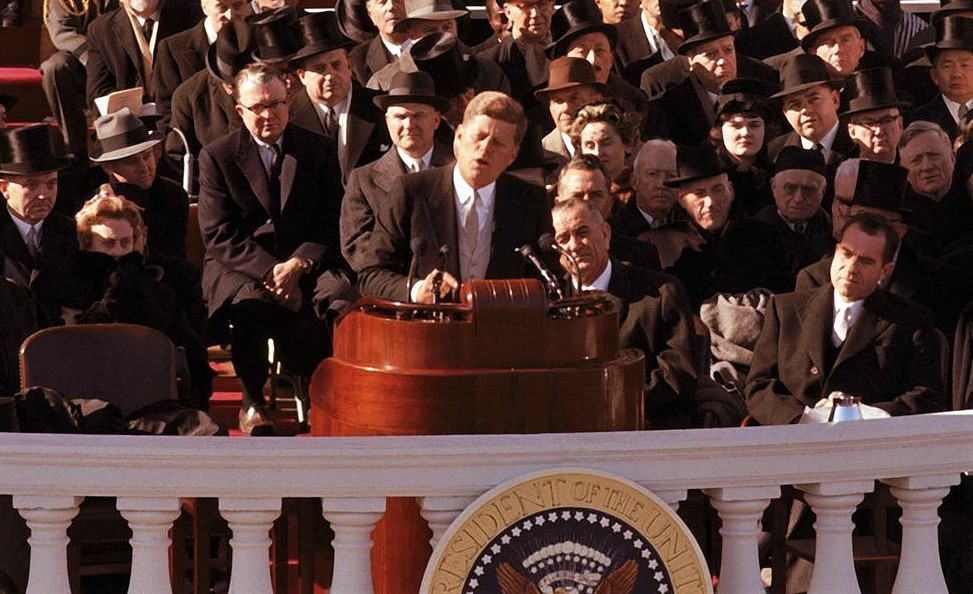“History,” author and historian David McCullough observes, “is a larger way of looking at life. It is a source of strength, of inspiration. It is about who we are and what we stand for and is essential to our understanding of what our own role should be in our time.”
Most important of all, McCullough points out, “History is human. It’s about people.”

In this first commentary of a new year, I am returning to McCullough’s words from speeches he collected and published under the title The American Spirit.
Speaking of founders and presidents, generals and explorers, men and women, McCullough reminds us that “The Declaration of Independence was not a creation of the gods, but of living men, and, let us never forget, extremely brave men. They were staking their lives on what they believed, pledging as Jefferson wrote in the final passage, ‘our lives, our fortunes, our sacred honor.’ By honor they meant reputation, their good name. Their word, once given, would not be broken. It was their code of integrity, their code of leadership.”
Published in 2017, McCullough also recognizes the current difficult times. “…we have much to be seriously concerned about, much that needs to be corrected, improved, or dispensed with. But the vitality and creative energy, the fundamental decency, the tolerance and insistence on truth, and the good-heartedness of the American people are there still plainly.”
But even with internal division, attacks on a free press, immigrants and the very institutions that have, in the long run, demonstrated the positive light of democracy, McCullough remains firmly optimistic.
Speaking on the anniversary of the death of President John Kennedy on November 22, 2013 in Dallas, Texas, McCullough urges us to remember that optimism and call to action from a young president.
“His was the inspiring summons to serve, to hard work and worthy accomplishment, a summons we longed for. He was an optimist and he said so. …
“He knew words matter. His words changed lives. His words changed history. Rarely has a commander-in-chief addressed the nation with such command of language.”
“The New Frontier of which I speak,” Kennedy said at the 1960 Democratic National Convention, “is not a set of promises – it is a set of challenges. It sums up not what I intend to offer the American people, but what I intend to ask of them.”
And ask of them he did, six months later at his inaugural address:
“Ask not what your country will do for you – ask what you can do for your country. My fellow citizens of the world: ask not what America will do for you but what together we can do for the freedom of man. …
“So, let us begin anew–remembering on both sides that civility is not a sign of weakness, and sincerity is always subject to proof. …
“Let both sides explore what problems unite us instead of belaboring those problems which divide us.”
In Kennedy’s final words, spoken nearly 57 years ago, we find our own responsibilities to the nation and the world:
“Finally, whether you are citizens of America or citizens of the world, ask of us here the same high standards of strength and sacrifice which we ask of you. With a good conscience our only sure reward, with history the final judge of our deeds, let us go forth to lead the land we love, asking His blessing and His help, but knowing that here on earth God’s work must truly be our own.”
Let’s answer that call to service whenever and wherever it may appear. Our duty to each other is our ultimate strength.
Comments










